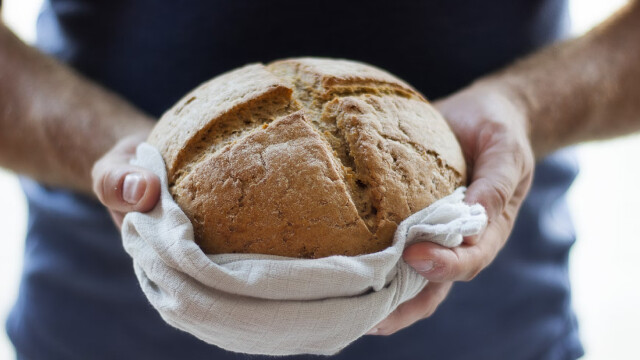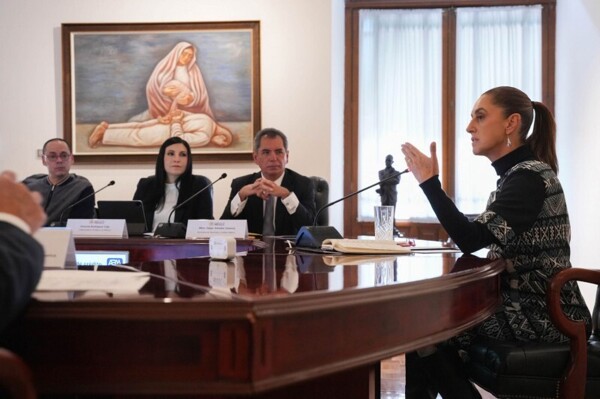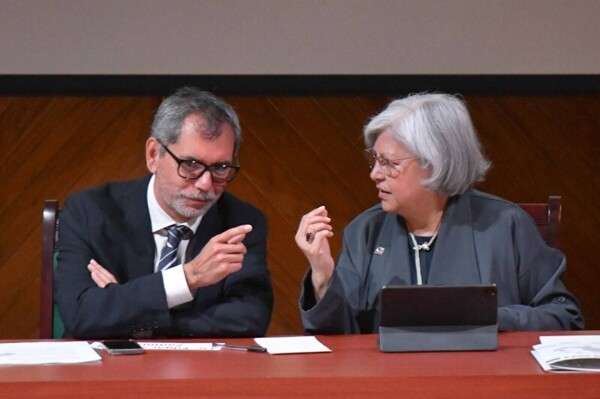
The Mexican Baking Industry: An Economic and Social Engine
The Mexican baking industry is one of the oldest and most constant economic activities in Mexico. Therefore, it is more than a simple business; it represents a cultural and social pillar that will continue to provide for the families of the country for many generations to come.
Bakeries are mainly divided into two types: artisanal and industrial. Artisanal bakeries are characterized by the use of ancestral recipes, wood-fired or gas ovens, and manual processes that preserve the authentic character of Mexican bread. They are nuclei of local employment and foster social cohesion, maintaining direct contact with neighbors and regular customers. On the other hand, large industrial bakeries have managed to expand the presence of Mexican bread internationally. From neighborhood artisanal bakeries to large industrial chains, bread is an essential part of the Mexican table and the sustenance of thousands of families. Over the years, this industry has demonstrated its ability to adapt, its resilience to economic changes, and its power to preserve national identity while boosting the local economy.
The Mexican Baking Industry: A Legacy That Continues to Grow
The Mexican baking industry is an example of how a tradition can become a source of sustainable development. This human closeness turns bread into something more than just food: it transforms it into a community bond. It is also important to mention that many bakeries participate in social programs and donations, offering bread to community kitchens, schools, or families in vulnerable situations, which reinforces their supportive role in Mexican society.
Innovation and Sustainability: The Future of Mexican Bread
The future of baking in Mexico points towards responsible innovation. Bakeries are incorporating modern technology, stricter hygiene and quality processes, and even new ingredients like whole-grain flours, alternative flours, and natural sweeteners. This transformation has allowed them to diversify their offerings and respond to the needs of the modern consumer without losing their artisanal essence. Furthermore, Mexican bakeries have skillfully leveraged the boom in digital commerce and social media to promote their products, offer home delivery, and maintain closeness with their customers. Some bakeries are also reducing plastic use and opting for eco-friendly and recyclable packaging. In terms of energy, there is a growth in the use of more efficient ovens and renewable energy, which not only reduces costs but also the environmental footprint. These innovations show that the baking industry can be modern and sustainable without losing its artisanal essence or its commitment to the community.
The Role of Bakeries in the Daily Life of Mexicans
Bread is part of the daily life of Mexican families. It is consumed at breakfast with coffee or chocolate, accompanies stews in the main meal, and is shared at family gatherings or festivities. It is a symbol of unity, coexistence, and shared effort. Bakeries are places where neighbors greet each other, chat, and strengthen ties. Few industries manage to connect so directly with the daily lives of people.
The Importance of Bread in Mexican Daily Life
Bread is present in practically every corner of the country, from small rural communities to large cities. According to sector data, the baking industry generates more than 300,000 direct jobs and over one million indirect jobs, making it a backbone of the national food economy. The impact is not only measured in figures but also in the social fabric built around bread. New consumers are looking for healthy, nutritious, and sustainable products, and bakeries are responding with creativity. More and more businesses are incorporating whole-grain flours, seeds, natural sourdoughs, and less sugar, without sacrificing flavor or tradition.
The Bakery as a Source of Local Value
Every Mexican bakery is a center of local economic value. In many families, knowledge of fermentation, kneading, and baking is passed down from parents to children, turning baking into a legacy that provides identity and sustenance. In towns and neighborhoods, the family bakery represents a living story.
The Bakery as a Source of Inclusion
One of the most outstanding aspects of the baking industry is its capacity for labor inclusion. This sector provides opportunities for people of different ages, educational levels, and socioeconomic contexts. From the young apprentice starting their first job to the woman seeking economic independence or the older adult preserving the trade, the bakery opens doors for those in need of a stable income source. Additionally, many bakeries offer practical training and continuous learning, allowing workers to develop technical skills and achieve better working conditions over time. In rural communities, bakeries also become spaces for female empowerment, where women actively participate in production, sales, and family business management.
The Mexican Baking Industry Facing Modern Challenges
Despite its historical strength, the Mexican baking industry faces significant challenges today: rising costs of raw materials, especially flour and energy; competition with industrialized products and international chains; changes in consumption habits, with a growing demand for healthier and more natural breads. However, the sector has demonstrated a remarkable capacity for adaptation.
The Art of Making Bread in Mexico
In Mexico, the art of making bread is not learned only in schools or factories; it is inherited. In each region of the country, there are breads with different meanings and forms, reflecting the cultural diversity that characterizes Mexico. During festivities, bread takes on a central role: on the Day of the Dead, 'bread of the dead' symbolizes the cycle of life and death. At Christmas and the Day of the Three Kings, the 'Rosca de Reyes' represents family unity. At patronal feasts, decorated breads and sweet empanadas are offered as a sign of faith and tradition. These practices not only strengthen cultural identity but also invigorate the local economy, generating peaks in production and sales that directly benefit baking families.
Mexican bread is an expression of creativity and collective memory, a fusion of indigenous, European, and mestizo influences that continues to evolve over time.














